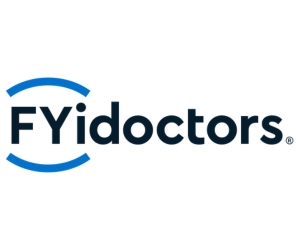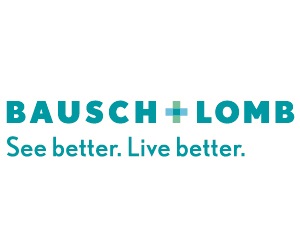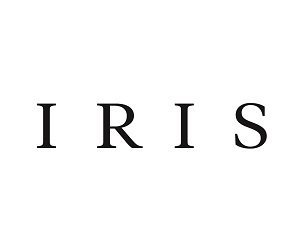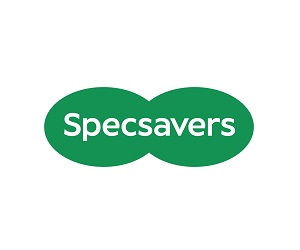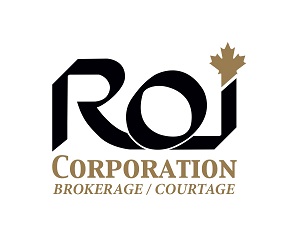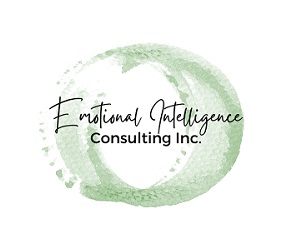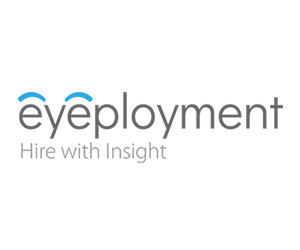
Adulting 101 is a big course. It’s lifelong and something we continue to learn about and grow from our experiences. Regardless of where you are on your career path, here are five tips to attaining financial freedom.
- Cash Flow is King
You need to prioritize your cash flow. There is no single good answer for everyone on what that looks like, but it is a combination of debt repayment, savings, and living within your means today.
When we focus on savings, we are really focussing on time – the time needed to compound the growth of your money for your future use.
Money is a renewable commodity, but time isn’t. The sooner you figure out that you don’t want to actively work forever, the sooner you can start to put your money to work for you. Time is your friend when it comes to compounding. The sooner the better!
Opportunity cost is key here. You are always trading something. Is that daily latte worth having if it means you’ll have to work until you’re 65 or older? That money will better serve you in the future if you start putting it to work now.
- Organizing your Debt
Paying yourself first is key. Paying debt is critical to your long-term success. The general rule of thumb is that debt repayment should account for no more than 30% of your cashflow.
Student loans, mortgages, and car payments are all included. So, if you are well surpassing this 30%, it’s likely time to revisit your strategy. Are you too aggressive at debt repayment at the expense of growing assets? Are you in a house that is way above what your income can support?
And don’t get me started on credit card and other consumer debt. If you can’t afford to pay cash for it now, you certainly can’t afford it when the bill comes with its 20% interest rate!
- Insurance: Needs and What to Avoid
Remember, you are the goose that lays the golden egg. Therefore, you need to protect your ability to earn an income. Taking care of yourself and your family is key – and it helps you sleep well at night.
Insurance is an extremely large topic that we have touched on several times. Some key points from the past:
- creditor insurance protects the lender
- renewable and convertible are your friend
- partial and residual will serve you well
- insuring items that are easily replaced is not the best use of your cash
- protect from liability
The key to know here is that not all insurance is of equal value.
Of late I’ve been getting more questions around permanent life insurance. Yes, this can be an effective strategy but, as cash flow is king, you need to prioritize those dollars allocated to insurance premiums. Using life insurance as an investment tool should generally only be considered after you have exhausted all other saving vehicles.
Plan for the best, prepare for the worst.
- Minimize Taxes
No one likes taxes and, if you take a salary or make installment payments, you may assume that you are covered off here. The reality however is that those amounts are based on either the current tax tables or your past payments. They don’t reflect the lowest amount of tax you have to pay.
There are many opportunities to lower your current and future income taxation; different savings account types, the use of health spending accounts, and debt swap are just a few options. Dividends vs salaries. Share sale vs asset sale. Investing personally vs in a corporation. Buying real estate vs marketable securities. TFSA vs RRSP. They all have different tax implications that you need to understand.
Understanding your after-tax rate of return also matters. If your marginal tax bracket is 50% and you earn a 10% rate of return on your investment, your after-tax rate of return is only 5% if this is an Open account. But it is 10% if the investment is held in a TFSA.
Spend some time reviewing your last year’s tax return (personal and business) with your CPA and CFP to develop a plan to reduce your tax bill this year. Lots to talk about and lots of opportunity.
- Save for Retirement
I struggle with the word retirement and really do prefer financial freedom. Regardless, you can’t cover your living expenses if you haven’t created an income stream that doesn’t involve you working day in and day out.
There are many ways to build up net worth and you need a plan that includes some liquidity. Building a practice is great, as is commercial real estate. But these are illiquid and are often not as easy to access when you need the cash flow as you expected. It’s important to have liquidity in some of your investments. You just never know when your dream around the world cruise might come on sale!
When is the best time to start investing? 20 years ago. The second best time though is NOW.
Advisory
As your Chief Financial Officer, I am here to help guide you through the various areas of creating your financial freedom plan. Helping you understand your money and assisting you in making smart financial decisions about your debt repayment, insurance protection, tax management and wealth creation, are just some of the ways that I work as your fiduciary.
Have more questions than answers? Educating you is just one piece of being your personal CFO that we do. Call (780-261-3098) or email (Roxanne@C3wealthadvisors.ca) today to set up your next conversation with us.
Roxanne Arnal is a former Optometrist, Professional Corporation President, and practice owner. Today she is on a mission of Empowering You & Your Wealth with Clarity, Confidence & Control.
These articles are for information purposes only and are not a replacement for personal financial planning. Everyone’s circumstances and needs are different. Errors and Omissions exempt.
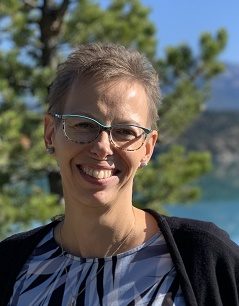
ROXANNE ARNAL,
Optometrist and Certified Financial Planner
Roxanne Arnal graduated from UW School of Optometry in 1995 and is a past-president of the Alberta Association of Optometrists (AAO) and the Canadian Association of Optometry Students (CAOS). She subsequently built a thriving optometric practice in rural Alberta.
Roxanne took the decision in 2012 to leave optometry and become a financial planning professional. She now focuses on providing services to Optometrists with a plan to parlay her unique expertise to help optometric practices and their families across the country meet their goals through astute financial planning and decision making.
Roxanne splits EWO podcast hosting duties with Dr. Glen Chiasson.











